

Na Hoi Commune (Bac Ha District) has about 700 small-scale livestock farming households. Mr. Nguyen Van Thanh, a veterinarian of the commune, said that as a mountainous commune, in addition to residential areas, there are still many households living separately. In some villages, each household lives on a remote hill, so vaccination time causes many difficulties for veterinarians. Many times, officials come to vaccinate but the homeowners are working in the fields and are not at home, so they can only contact by phone and vaccinate their animals under the witness of the village chief or a representative of the family.
Previously, veterinary staff only received vaccines from top to bottom and went to households to vaccinate twice a year, but from 2023, under the direction of the Provincial Department of Animal Husbandry and Veterinary Medicine, veterinary staff must let households register in advance before receiving vaccines for vaccination, thereby adding stricter management of the number of vaccines, as well as vaccination at the facility.

Xuan Quang Commune (Bao Thang District) currently has 52 farms and 250 households that are regularly raising livestock. Mr. Tran Duc Khai, Vice Chairman of Xuan Quang Commune People's Committee, said that the commune is a key and important livestock raising area of the district. Livestock raising contributes greatly to the economic development of the area, so disease prevention is always a top priority, especially disinfection in livestock farming is always closely monitored by the commune to ensure a disease-free area. In terms of vaccination, after vaccination, the commune requires veterinarians to return the vials and packaging for inspection and supervision.

Some localities have closely monitored the management, however, in the process of receiving, distributing and using chemicals and vaccines, some localities still have shortcomings that were pointed out after the inspection of the agricultural sector. These include the distribution of vaccines carried out consecutively from the second period of the previous year to the first period of the following year, which is not clearly shown in the settlement records; commune-level veterinary staff do not record the quantity of supplies, chemicals, and vaccines when receiving them from the veterinary station; village and hamlet chiefs do not have a logbook to track vaccination work in the area...
The provincial agricultural inspectorate has requested the Department of Animal Husbandry and Veterinary Medicine to direct veterinary departments and stations to strengthen inspection and supervision of the distribution and use of chemicals and vaccines at the facility; promote training for veterinary staff in districts and communes on bookkeeping, preparing settlement documents and records to ensure compliance with regulations; request the Department of Animal Husbandry and Veterinary Medicine to review and learn from existing problems.


On June 26, the Provincial Department of Animal Husbandry and Veterinary Medicine held a meeting to review, draw lessons, and raise the sense of responsibility of officials in inspecting, supervising, and guiding grassroots levels to overcome shortcomings in the performance of tasks.
Mr. Pham Ba Uyen, Head of the Department of Animal Husbandry and Veterinary Medicine, said that the department has seriously reviewed and learned from the staff in each area of shortcomings.
In the coming time, the Department of Animal Husbandry and Veterinary Medicine will strengthen the work of urging, inspecting and supervising the facilities, doing a good job of receiving, distributing and using chemicals and vaccines to contribute to the work of preventing and controlling epidemics in the province.
Source


![[Photo] Prime Minister Pham Minh Chinh chairs meeting on science and technology development](https://vphoto.vietnam.vn/thumb/1200x675/vietnam/resource/IMAGE/2025/5/17/ae80dd74c384439789b12013c738a045)


![[Photo] Readers line up to visit the photo exhibition and receive a special publication commemorating the 135th birthday of President Ho Chi Minh at Nhan Dan Newspaper](https://vphoto.vietnam.vn/thumb/1200x675/vietnam/resource/IMAGE/2025/5/17/85b3197fc6bd43e6a9ee4db15101005b)

![[Photo] More than 17,000 candidates participate in the 2025 SPT Competency Assessment Test of Hanoi National University of Education](https://vphoto.vietnam.vn/thumb/1200x675/vietnam/resource/IMAGE/2025/5/17/e538d9a1636c407cbb211b314e6303fd)



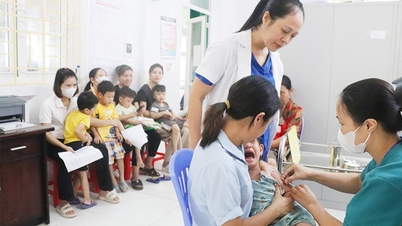

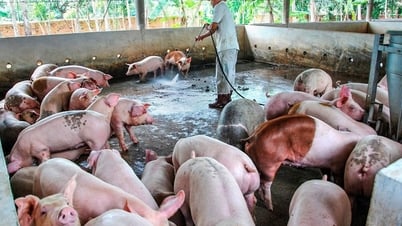

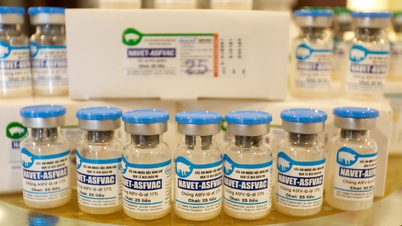



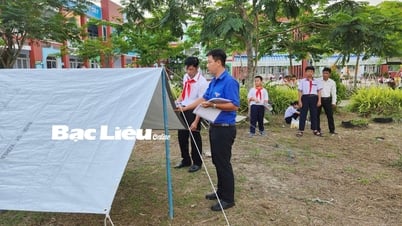



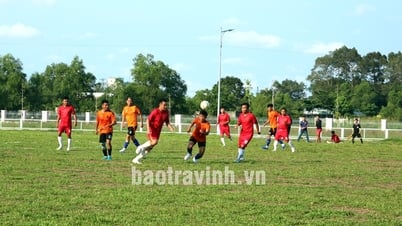
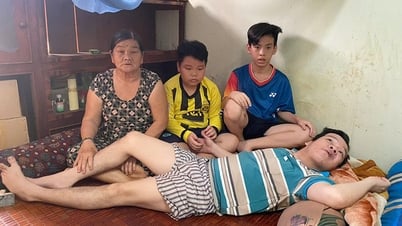
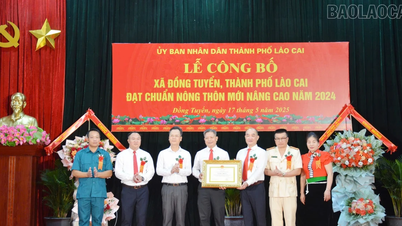










![[Photo] Nearly 3,000 students moved by stories about soldiers](https://vphoto.vietnam.vn/thumb/1200x675/vietnam/resource/IMAGE/2025/5/17/21da57c8241e42438b423eaa37215e0e)






















































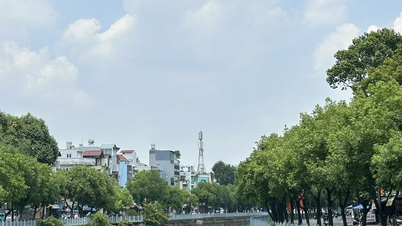


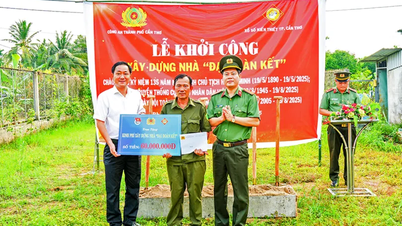











Comment (0)